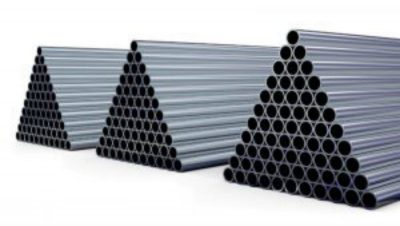If you are a gun and shooting enthusiast, you may own guns for hunting, home defense, or other reasons. When it comes to shooting, the types of bullets you use have an effect on shooting performance and gun barrels. For example, you can choose hard cast lead bullets, pure lead bullets, or jacketed bullets. However, hard cast projectiles offer several important benefits. Let’s check out all three types to give you a good idea of what to buy.
Standard Lead Bullet
Bullets made from pure lead have a long history and still see use today. Long ago, before rifling and breech-loading guns, lead worked just fine. However, once rifling entered the scene, pure lead became a problem. The metal is so soft, it forms deposits in rifling grooves and can lower shooting accuracy and performance. In fact, if you continue shooting pure lead bullets, your gun is pretty much useless.
The Bullet Jacket
To solve the problem of fouling gun barrels, bullet makers started putting metal jackets on their bullets. In the late 19th Century, lead bullets with copper jackets came out about the time smokeless gunpowder did. These two inventions changed gun technology forever. Today’s jackets are copper or a variety of metal alloys.
Hard Cast Lead Bullets
A hard cast bullet is not made from pure lead. Instead, lead alloys make the projectile harder than lead, yet, still soft enough to protect rifling grooves. Lead alloy bullets offer advantages over jacketed bullets. For example, a jacketed projectile flattens out and mushrooms similar to pure lead. This doesn’t happen with lead alloy because it is harder. In fact, you get very little flattening or deforming, and this makes lead alloy bullets perfect for penetration shooting. In other words, if you wanted to shoot a large animal like a bear, a penetrating round gives you better chances of a kill.



